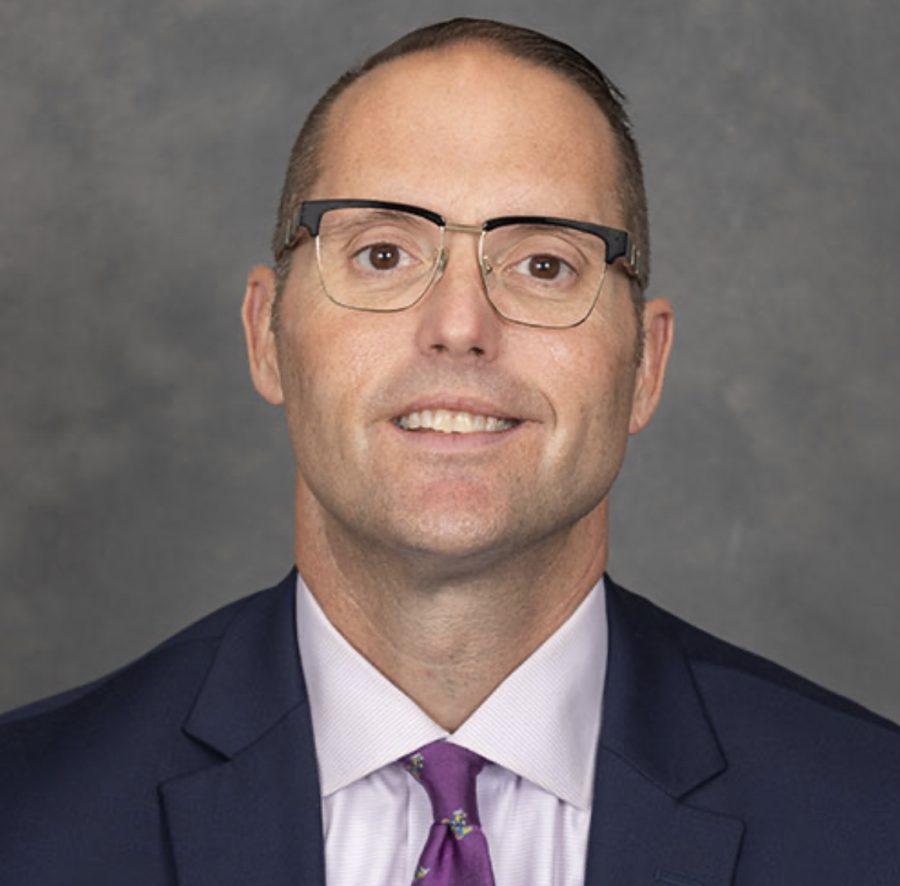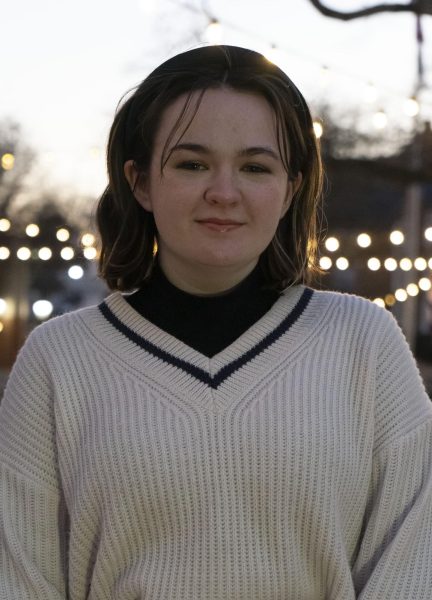Who is the provost, Dr. Ross Alexander?
April 13, 2023
Provost is a job many students know little about. However, the work that goes into the job is second to none.
Dr. Ross Alexander has served as the university’s Provost and Executive Vice President of Academic Affairs since July 2017. Aside from his duties executively, he also ensures that he teaches at least one political science class per semester. Alexander’s wife Lilia is an adjunct instructor of political science at the university. Together, the couple has two daughters and are expecting a son.
The job of provost is a second command to the president. Alexander acts as the chief academic officer of the university. He oversees the academic enterprise, which is all of the academic colleges as well as all the enrollment management infrastructure. Nearly all of the day-to-day operations of the university go through him.
Working as provost is an invigorating and hectic experience, according to Alexander.
“No two days are the same,” said Alexander. “There’s never a boring day. I have the good fortune of working with some brilliant, brilliant deans and senior vice provosts and vice provosts and leaders and faculty members and staff members. They’ve built a really strong academic team. I’ve had the good fortune of surrounding myself with people who are smarter than I am, and I do so confidently.”
While Alexander plans out his days in advance, the smallest thing could happen to upend his plans. Every day is a new and exciting challenge, and he enjoys the rush of things. It is one of his favorite things about his job.
Working alongside President Kitts is another highlight of the job. His immediate connection with Kitts is one of the things that encouraged him to take the job in the first place.
“The president-provost role is a uniquely personal relationship,” Alexander said. “I knew right away that I can accomplish important and good things for and with President Kitts. Our personalities clicked… We’ve been working together for six years and continue to work very well together.”
Alexander is from the Chicago area, in a household where one parent was a Democrat and one was a Republican. His mother worked in local government, which was Alexander’s first exposure to the inner workings of politics. He received his bachelor’s degree from Beloit College in Wisconsin in 1996. He double-majored in history and political science. After speaking with both history and political science faculty, he decided that he wanted to have a career in political science.
He obtained a masters in public administration from Arizona State University in 1998.
“I was thinking of being a city or a county manager,” Alexander said. “That’s what I thought I wanted to do, city or county management. I went to Arizona State and I flourished academically. It really inspired me to consider a PhD.”
He received a PhD in political science in 2002 after attending Northern Illinois University, which is located near his hometown. While studying for his PhD, he was allowed to teach classes full-time at Dominican University. The experience made him want to go into a career where he could interact with students.
From there, he worked at the University of North Georgia from 2003 to 2011. While there, he also served as the director of the Quality Enhancement Plan, as well as department head. After eight years at North Georgia, he took a job at Indiana University East. While there, he was Associate Vice Chancellor for Academic Affairs & Dean of Graduate and Continuing Education from January 2012 to December 2014. After that, he was Dean of the School of Humanities and Social Sciences.
In every role, Alexander has been very student centered. The role of provost allows him to support students on a much larger scale than he would as a professor. Even so, he enjoys teaching classes, as it helps him have one-on-one interactions with students. Many of his day-to-day interactions are with deans, associate deans and vice presidents. They all form a cohesive unit to aid students in any way they can.
“We’re here to make sure that every single student of all types across all modalities have a good experience and that they’re gaining skills and competencies to make them successful in their careers,” Alexander said. “Whether that’s the traditional on-campus student who’s between 18 and 23 or the single working parent earning a baccalaureate degree at 35 coming back to school while working full time or the international student from any one of the 64 countries that call home but are pursuing a UNA education or the graduate professional student who’s using one of UNA’s graduate degrees to move up in their career.”



